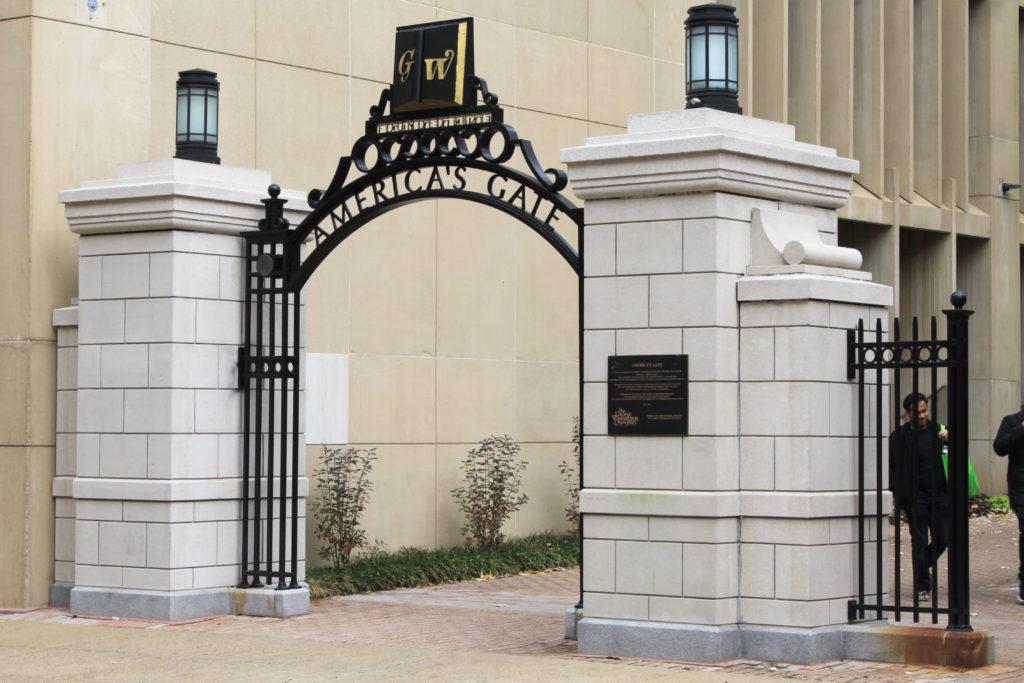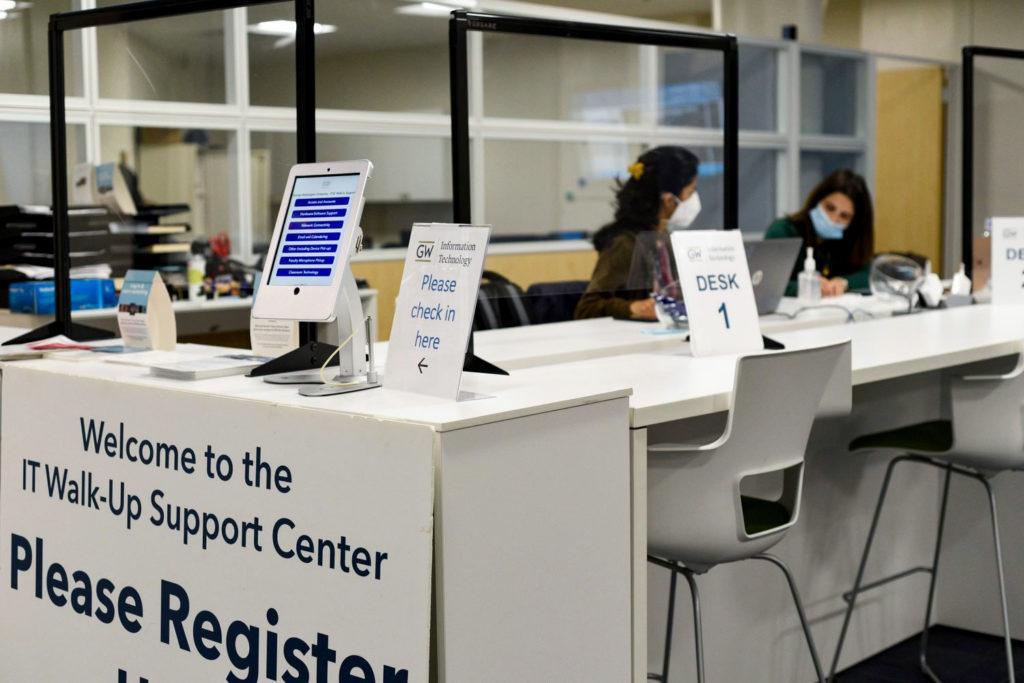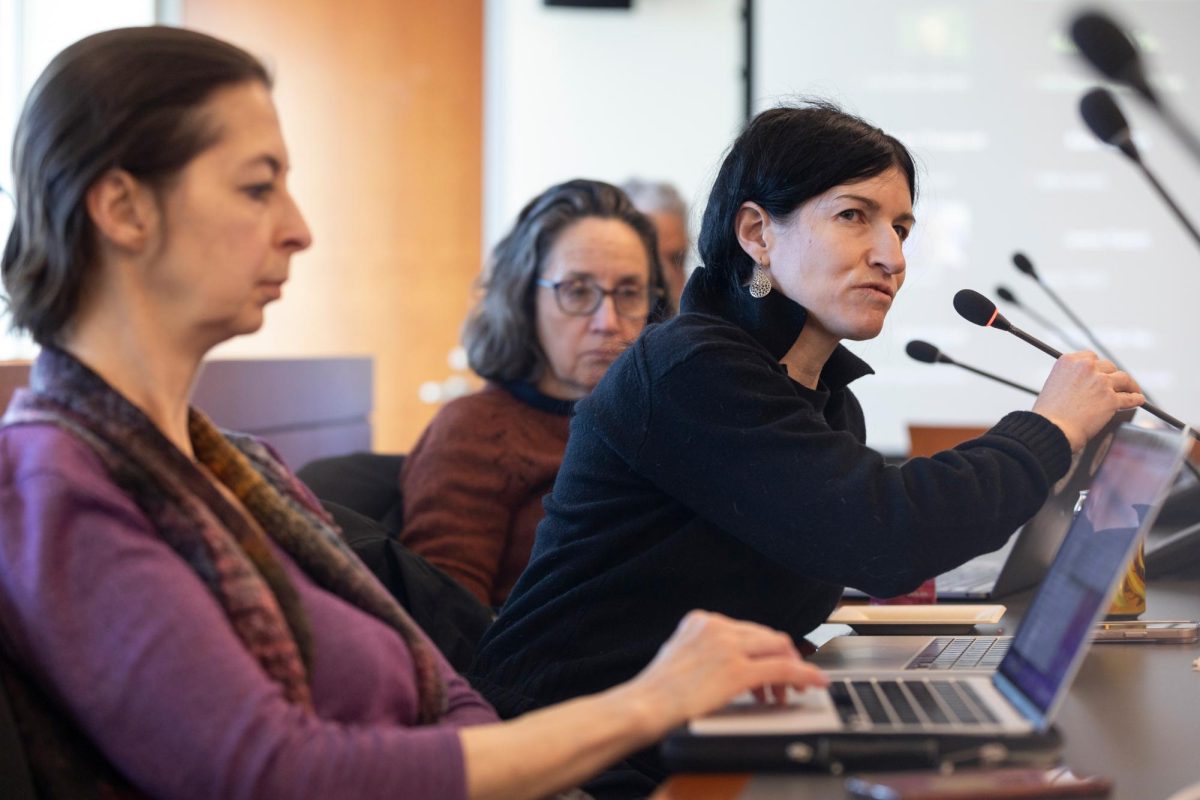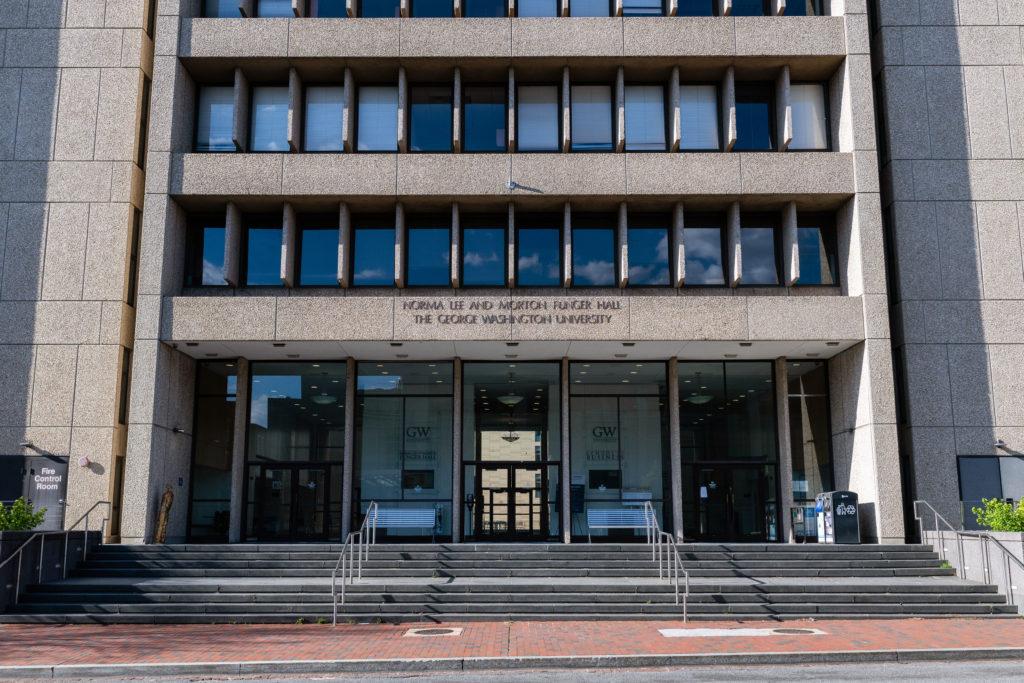GW will file an amicus curiae brief supporting Harvard University and the Massachusetts Institute of Technology’s challenge to student visa restrictions that federal authorities announced last week.
The guidelines, which prevent international students from entering or remaining in the U.S. if they take classes entirely online in the fall, have sparked dozens of lawsuits and amicus briefs from universities across the country. The lawsuit filed by Harvard and MIT against the Department of Homeland Security and U.S. Immigration and Customs Enforcement seeks a temporary restraining order and preliminary and permanent injunctive relief from the new guidelines.
“We want to send a strong message of support to our international students, who are an integral part of our University community,” University President Thomas LeBlanc said in an email. “While we work with our international students to help them navigate the current situation, we are also joining with colleges and universities across the country to advocate that this directive be stopped from implementation.”
Officials said LeBlanc, Provost Brian Blake and other administrators have heard from “many” members of the GW community concerned about the guidelines.
DHS did not immediately return a request for comment. ICE declined to comment, citing the pending lawsuit.
The University is also signing on to a letter to Congress spearheaded by the American Council on Education asking for congressional assistance in rescinding the guidelines, officials said. The group is planning to deliver the letter to Congress by mid-day Thursday, according to an email obtained by The Hatchet.
“Given the great uncertainty and multiple challenges facing our institutions and our students for the fall 2020 semester, the July 6 ICE directive is causing great concern and confusion on campuses across the country,” the letter states, according to the email.
Signatories are requesting that international students with valid visas be allowed to continue their education in the U.S. even if they take all courses online. The groups will also request that the Trump administration prioritize the processing of student visas, according to the letter.
“Institutions recognize that their plans may need to evolve depending on conditions on the ground,” the letter states. “Regrettably, the ICE directive only undermines those efforts, creating confusion and complexity for institutions and international students, rather than certainty and clarity.”
ACE has also condemned the policy in a previous letter to DHS and in public statements.
Officials released a statement Wednesday encouraging federal authorities to “revisit” the guidelines.
If GW’s reopening plan is approved by the District, students will take classes through a hybrid model, which includes a mix of in-person and online instruction. Students who do not wish to return to campus can take courses online, but the new guidelines stipulate that international students who take exclusively online classes could be subject to deportation.
Del. Eleanor Holmes Norton, D-D.C., signed a letter Thursday with nearly 100 members of Congress opposing the new regulations.











